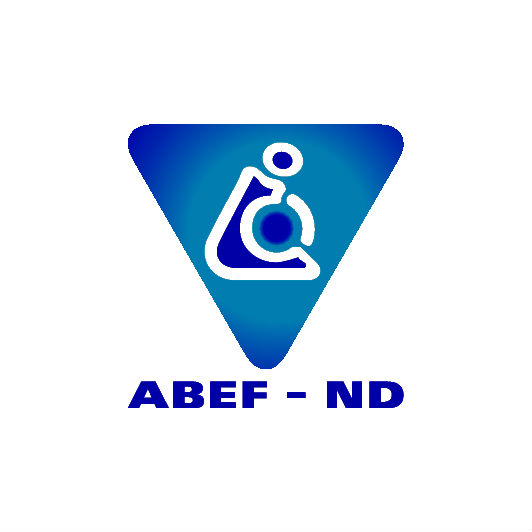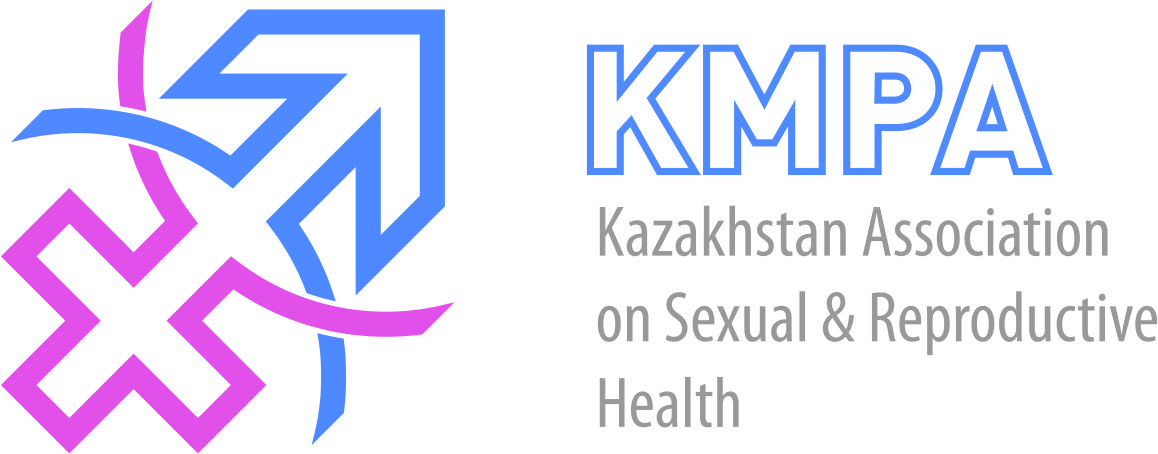

| 31 March 2016
Association pour le Bien-Etre Familial/Naissances Désirables
The Democratic Republic of Congo is vast: it is Africa’s second largest country and has nearly 68 million inhabitants. The sexual and reproductive health (SRH) challenges are correspondingly immense, with the country recording some of the poorest SRH statistics globally. The Association de Bien-Etre Familial – Naissances Désirables (ABEF-ND) was founded in 1977, and since then it has worked tirelessly to drive changes which will secure a better future for the country. ABEF-ND offers sexual and reproductive health (SRH) information, education and communication for young people. It offers HIV and AIDS prevention and management services, and community-based distribution of contraceptives. It also advocates strenuously around SRH issues with legislators and health professionals. As such, it’s central to shaping relevant national policies. It achieved this through static clinics, associated clinics and community-based distributors (CBDs) and community-based services (CBSs). ABEF-ND has a small number of staff who are backed by a large body of volunteers: together, they are determined to promote sexual and reproductive health and rights for all. ABEF-ND works in partnership with the Ministry of Health, and in the private sector with faith-based health facilities. Non-governmental organizations partners include Service Centrale d'Education à la Vie (SCEV), the Women’s Action Network (RAF), Radios for the Consolidation of Peace (RCP+), Amo Congo. Donors include Programme National de Lutte contre le Sida (PNLS), UNFPA, UNHCR and GTZ. It is a Member of the National Council of NGOs against AIDS.

| 31 March 2016
Kazakhstan Association on Sexual and Reproductive Health (KMPA)
The Kazakhstan Association for Sexual and Reproductive Health (KMPA) was established in 1996. In 2002 KMPA became a full Member Association of IPPF. The organization currently has 9 branches and 4 regional offices in Almaty, Kostanay, Shymkent and Nur-Sultan. In total, there are 13 branches of KMPA. The organization’s activity is based on protecting the right of youth, men, and women to quality medical services and information in the field of sexual and reproductive health (SRH). KMPA conducts training of youth to prevent underage pregnancy, sexual and gender-based violence (SGBV), and the spread of sexually transmitted infections (STIs), including HIV. In addition, KMPA implements projects on family planning and promoting contraceptive methods to prevent unintended pregnancies. KMPA focuses on the following goals: (1) advocacy of sexual and reproductive rights; (2) elimination of unsafe abortion; (3) promoting condom use to prevent HIV/AIDS and decreasing stigma against people living with HIV/AIDS; (4) educating youth and teenagers on sexual and reproductive health and rights (SRHR) to allow choice and safe relations; (5) advocating for access to SRH services; (6) training healthcare professionals on family planning, contraception, safe abortion, antenatal care and consultation skills; and (7) training of teachers on SRHR, CSE, prevention of SGBV and promoting gender equality. KMPA seeks to improve the reproductive health of the population of Kazakhstan, especially the socially vulnerable, the poor, and young people, by protecting the basic reproductive rights of women, men, and young people, ensuring free and informed choices regarding SRH, providing comprehensive sexual education and high-quality information, and promoting access to SRH services. KMPA bases its activities on the principles of gender equality, freedom of decision-making and voluntary participation.







